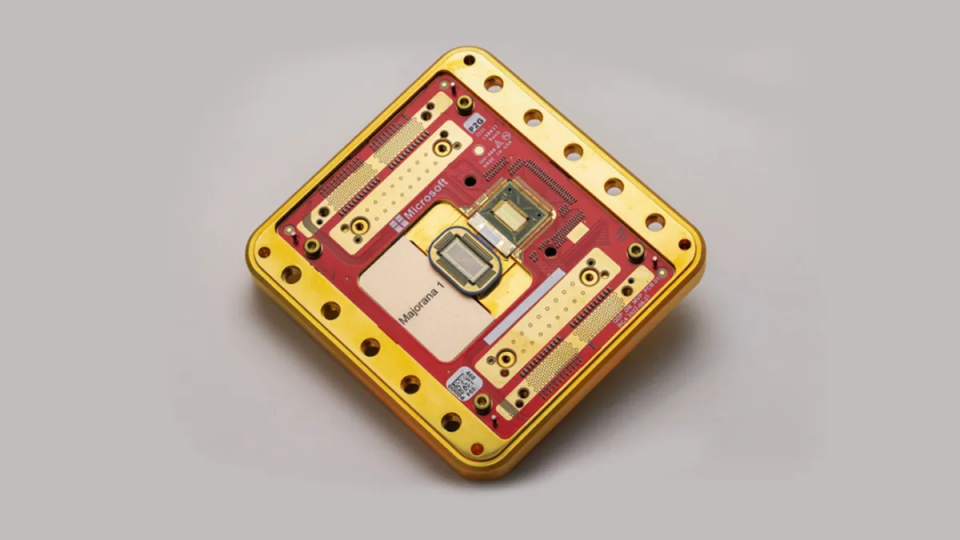Microsoft (NASDAQ: MSFT) has announced its first quantum computing chip, Majorana 1, marking a significant step in the company’s nearly two-decade-long research initiative. The development of this chip involved creating a new state of matter referred to as a topological state.
The Majorana 1 chip utilizes eight topological qubits made from indium arsenide (a semiconductor) and aluminum (a superconductor). According to a Microsoft blog post, the primary challenge in developing Majorana 1 was creating the exotic particles and their associated topological state of matter. The company overcame this obstacle by using atom-by-atom spraying to achieve perfect material alignment.
Microsoft believes that quantum computers could efficiently tackle problems that are too taxing for classical computers. Unlike today’s computers, which use bits that are either on or off, quantum computers use qubits that can operate in both states simultaneously.
Other companies like Google, IBM, IonQ, and Rigetti Computing have also developed quantum processors. However, Microsoft does not plan to offer its Majorana 1 chip to clients through its Azure public cloud, as it does with its custom AI chip, Maia 100. Instead, Majorana 1 represents a step toward achieving a chip with one million qubits, following extensive physics research.
Rather than outsourcing fabrication to companies like Taiwan Semiconductor, Microsoft is manufacturing Majorana 1’s components in the U.S. because the work is unfolding at a small scale. Jason Zander, a Microsoft executive vice president, stated that the company aims to achieve a few hundred qubits before considering commercial reliability. In the meantime, Microsoft will collaborate with national laboratories and universities on research using Majorana 1.
Investors have shown considerable interest in quantum computing. In 2024, IonQ shares increased by 237%, while Rigetti gained nearly 1,500%. These two companies generated a combined revenue of $14.8 million in the third quarter. After Microsoft declared 2025 as “the year to become quantum-ready” in a blog post, further gains were seen in January.
Microsoft’s Azure Quantum cloud service allows developers to experiment with programs and algorithms and offers access to chips from IonQ and Rigetti. Zander suggested that a Microsoft quantum chip might become available through Azure before 2030, adding that the company believes it is closer to achieving this goal in years rather than decades.
Quantum computing may ultimately enhance other areas of Microsoft’s business. For example, Microsoft’s AI business, which has an annualized revenue run rate exceeding $13 billion, could benefit from quantum computers used to build data for training AI models. Zander said that quantum computers could potentially invent new molecules or drugs that were previously impossible to create.

